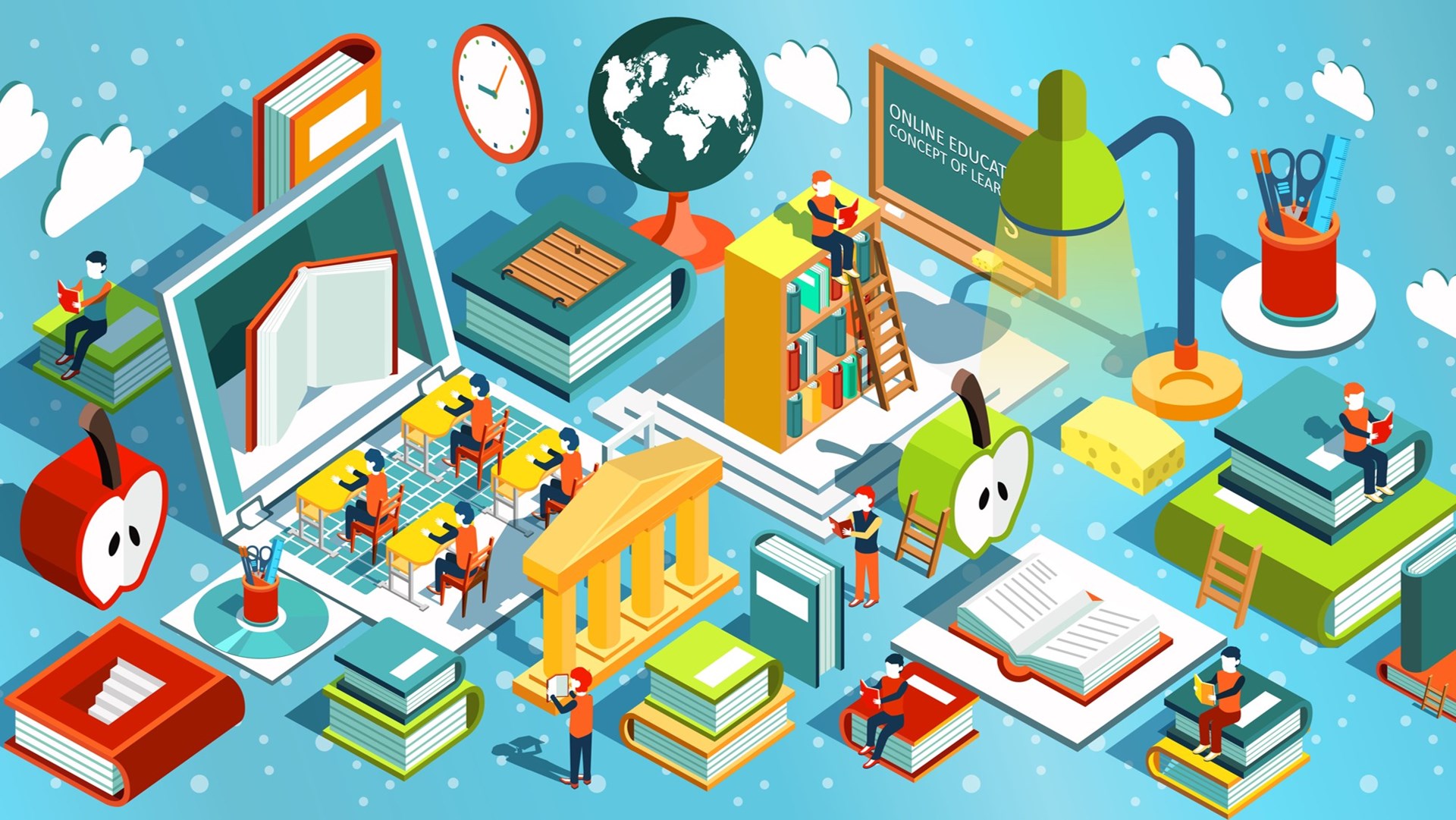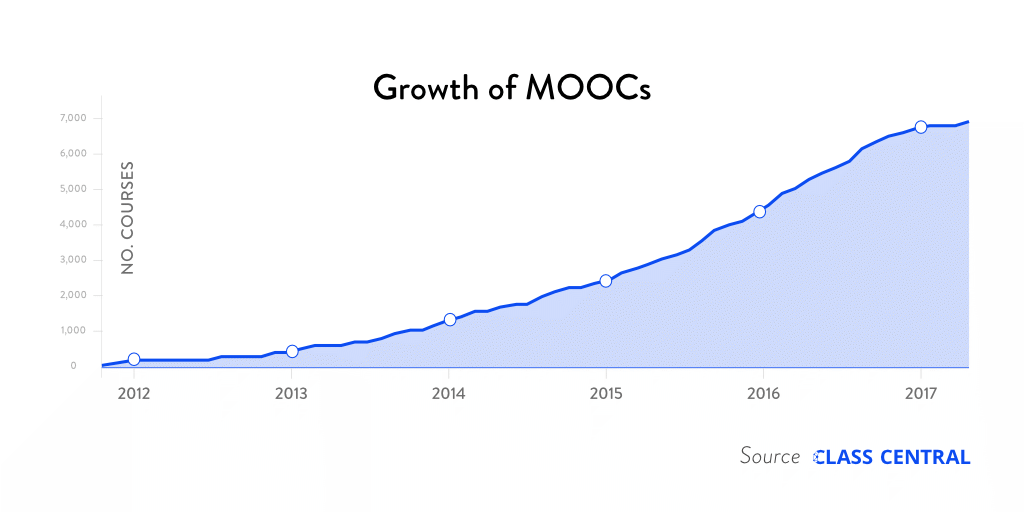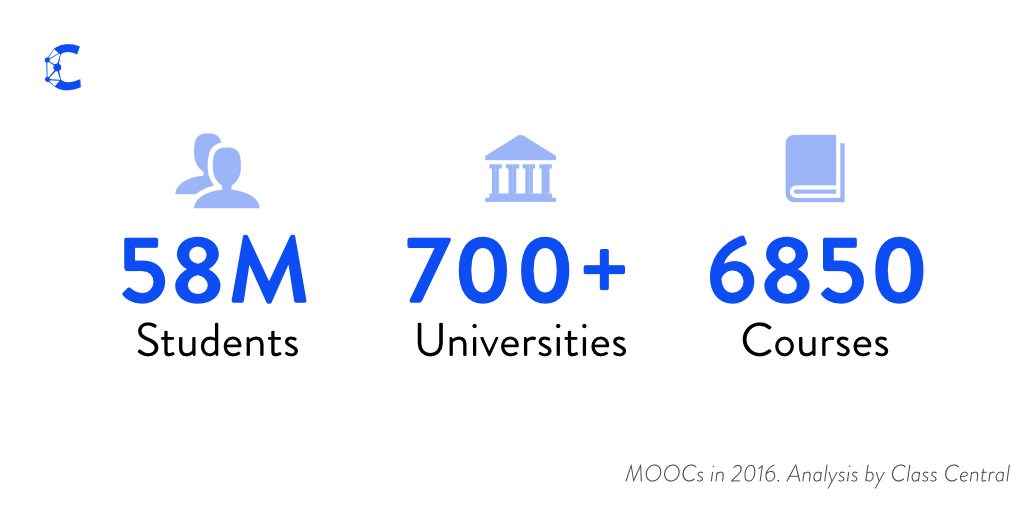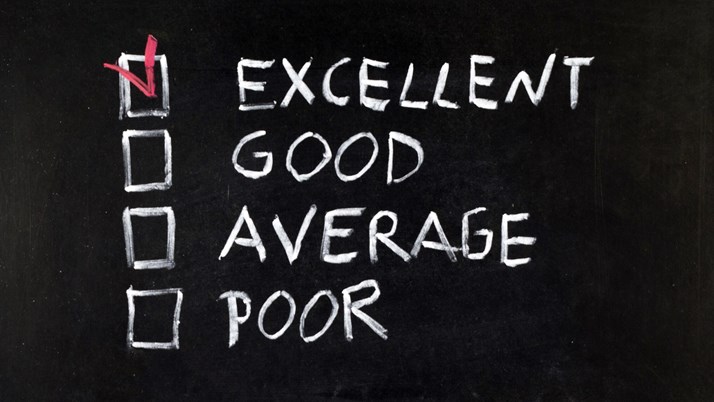
By Penny Smith
Personalisation is a major trend of digitisation and this is becoming applicable in education as well.
The concept of personalised education is not new – in 2004 Futurelab reported, “The logic of education systems should be reversed so that it is the system that conforms to the learner, rather than the learner to the system. This is the essence of personalisation. It demands a system capable of offering bespoke support for each individual that recognises and builds upon their diverse strengths, interests, abilities and needs in order to foster engaged and independent learners able to reach their full potential.” [1]
This ideal is one that most teachers would subscribe to, but even in the most well-resourced school, it remains only an ideal. In reality, the school systems in which educators operate often act not as a driving force for personalisation but as a barrier to it. And at most schools in South Africa, children are fortunate just to have a teacher who is adequately qualified to teach their subjects, while the concept of personalised education is available to only a priviledged few.
The rise and rise of MOOCs
However, harnessing digital technologies in education can provide access to the goals of personalisation to even the most disadvantaged learners. And the worldwide growth in digital education offerings is exponential.

Futurist Thomas Frey at the DaVinci Institute think tank predicts that by 2030 the largest company on the internet will be an education-based company that we haven't even heard of yet [2]. Massive open online courses (MOOCs) have grown incredibly fast, as illustrated in the charts above and below [3].

Robo-tutors
Frey goes further, to predict that within the next 14 years, students will learn from robot teachers over the internet, at MOOCs where the instructors are bots, smart enough to personalize each lesson plan to the child sitting in front of the screen. Online bots will pick up on a student's strengths and weaknesses and use a series of algorithms to tailor the lessons accordingly. Frey doesn't go so far as to argue education bots will replace traditional schooling outright. He sees them more as a supplement, perhaps as a kind of tutor.
However, while in today’s reality bot-empowered lessons remain a dream, already most learners, even in South Africa, are creating digital personalised learning environments for themselves outside school. For most young people, technology is part of their daily lives, particularly mobile technology, and they are already using these resources to ‘learn’ around both school and personal interest topics, to access information of relevance to them, to communicate with people who can support their academic shortcomings, and to share ideas and expertise within informal learning communities. Without realising it, young people are becoming digital learners simply by following peer trends.
Obviously, digital access enables the learning of many things, and the embracing of a variety of communities. So it is that the educator needs to direct and guide the learners into the techniques of searching, finding, assessing, analysing, owning and applying knowledge.
Is this just a dream for South Africa? Not so. Quietly, organisations have been offering personalised help to our embattled learners for some time. For example, back in 2007 Mxit and the CSIR launched a mobile-based mathematics tutoring programme, Dr Math, giving learners access to a group of registered tutors who were available online to receive their requests for help via MXit. Over 25,000 users had registered by 2014.
Taking it to the next level
An interactive personalised m-learning programme, LevelUp, was launched in February 2016 by the Reach Trust. [4] LevelUp presents high school learners with an integrated value proposition: access to contextualised learning material, academic and psychosocial support, and an incentive programme linked to rewards. The solution is available to almost every learner in the country as an Android app from the Google Play Store and a mobi site: www.mylevelup.mobi
LevelUp is designed to help high school learners to not only improve academically, but to strengthen their social skills and foster good learning behaviour and a life-long learning attitude.
The most ground-breaking feature of LevelUp is the ‘Daily Challenges’ that encourage learners to test their knowledge in exchange for rewards. Throughout the system, the learner is rewarded for inputs - e.g. read this article to earn 10 points as well as outputs; if you answer correctly on the first attempt you earn 50 bonus points. Reward options for performing learners include airtime and shopping coupons for products.
Hope for South Africa’s under-educated youth
Whilst this is nowhere near AI-empowered e-learning, it certainly offers a degree of personalised learning, and by embracing the incentive / rewards concept, blends learning into the personal life space of youngsters. Such personalised e-learning programmes can offer not only a way to fill the knowledge gaps of many South African learners, but also offer a vital supplement to their under-resourced classroom learning experience.
In South Africa, we have previously seen how new technology has been able to sweep powerfully into our under-developed environment unimpeded by the legacy systems that are found in developed countries. The comprehensive uptake of mobile technology was one such experience. Policies facilitating e-education were first introduced in South Africa in 2004, and much has been said about paperless classrooms and similar projects, but actual progress by the education departments has been slow, for various reasons. Will the private sector show the way, as they did with mobile telephony? Or will it be our learners themselves, the empowered ‘digital native’ generation, who will not wait for the authorities, but seek out the many personalised e-learning opportunities available to them, and create their own future through a culture of lifelong learning?



